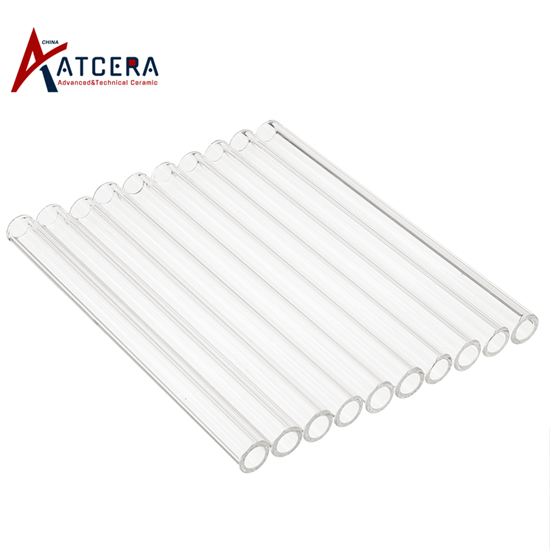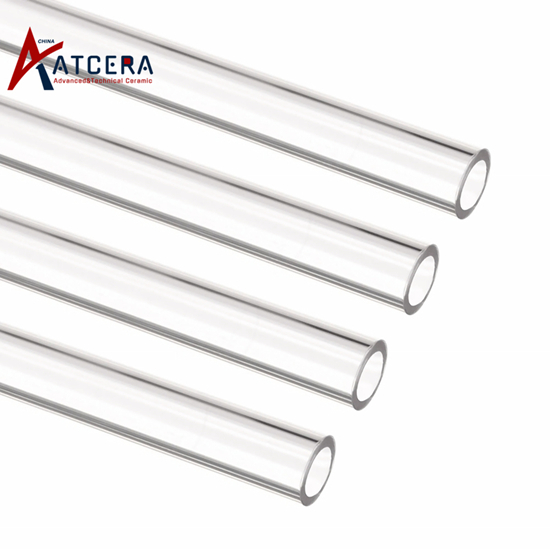In the ever-evolving landscape of advanced technical ceramics, quartz tubes have emerged as a formidable contender, boasting a range of exceptional properties that cater to the diverse needs of industries worldwide. With their superior optical clarity, high temperature resistance, and corrosion resilience, quartz tubes are finding increasingly widespread applications in semiconductor manufacturing, optical communication, and beyond.
Characteristics of Quartz Tubes
Quartz tubes are renowned for their unique combination of properties. Their optical clarity allows for exceptional light transmission, while their ability to withstand extreme temperatures and resist corrosion ensures durability in harsh environments. Quartz tubes are also non-porous and chemically inert, making them ideal for applications where purity and contamination control are paramount.
Application Fields of Quartz Tubes
Quartz tubes find applications in a wide range of industries. In semiconductor manufacturing, their optical clarity and high temperature resistance make them invaluable for processes such as etching and deposition. In optical communication, quartz capillary tubes are used in fiber optic systems, ensuring reliable transmission of signals. Chemical processing and laboratory equipment also benefit from the use of quartz spiral tubes, which can withstand harsh chemicals and extreme temperatures.

How to Select the Right Quartz Tube for Your Project
Choosing the right quartz tube for your project requires a careful consideration of your specific needs. Factors such as optical clarity, temperature resistance, and chemical compatibility should be taken into account. Additionally, the shape and size of the tube, as well as its intended application, will determine the optimal choice. Consulting with a technical ceramic expert can help you navigate the various options and make an informed decision.
Manufacturing Process of Quartz Tubes
The manufacturing process of quartz tubes involves the use of high-purity quartz powder, which is formed into a tube shape through precision molding techniques. The resulting tube is then sintered at high temperatures to achieve the desired properties. The manufacturing process ensures that quartz tubes meet the stringent requirements for purity, optical clarity, and durability.
Case Studies and Success Stories of Using Quartz Tubes
Quartz tubes have proven their worth in numerous applications across industries. In semiconductor manufacturing, quartz tubes have enabled the development of more efficient and reliable production processes. In optical communication, the use of quartz capillary tubes has enhanced the performance of fiber optic systems. Chemical processing and laboratory equipment have also benefited from the use of quartz spiral tubes, which have improved the efficiency and safety of various processes.

Conclusion
Quartz tubes, as a versatile material in advanced technical ceramics, offer a unique set of properties that cater to the diverse needs of industries worldwide. Their optical clarity, high temperature resistance, and corrosion resilience make them ideal for applications in semiconductor manufacturing, optical communication, chemical processing, and beyond. As the demand for quartz tubes continues to grow, it is essential to understand their characteristics, applications, and how to select the right one for your specific project. Consulting with a technical ceramic expert can help you navigate the various options and ensure that you make an informed decision that meets your needs.


























